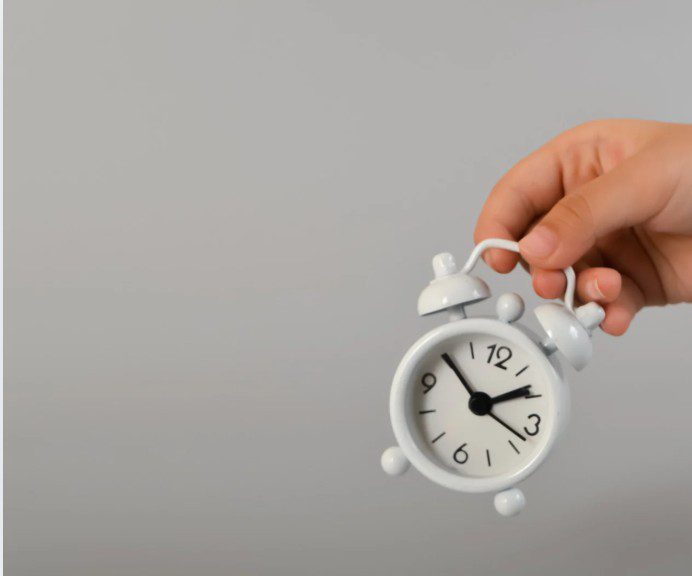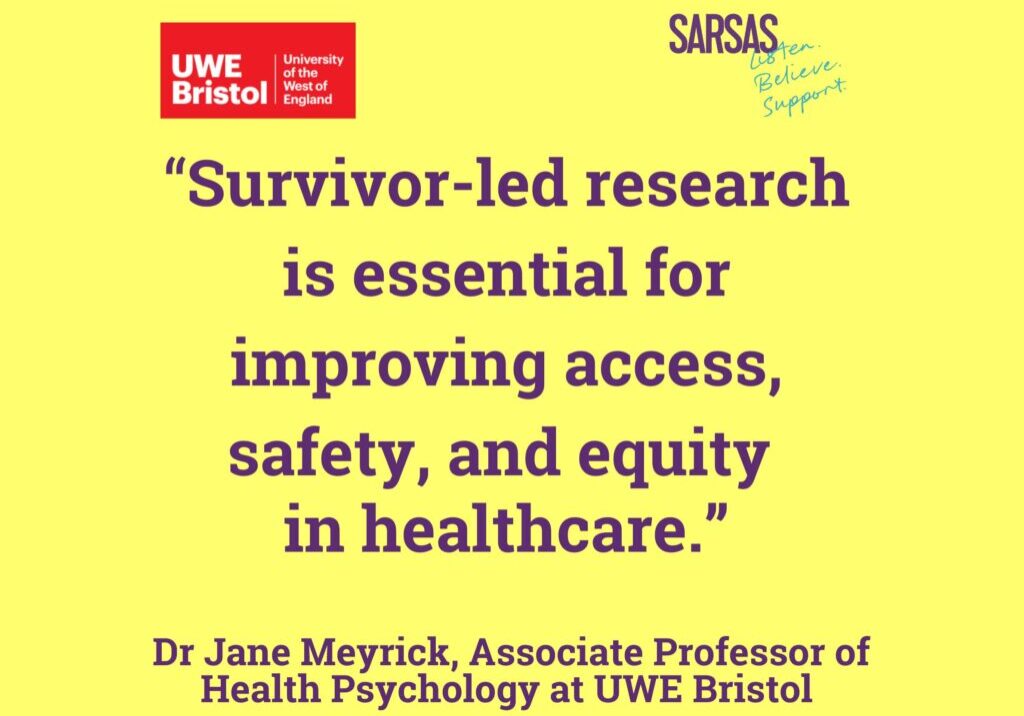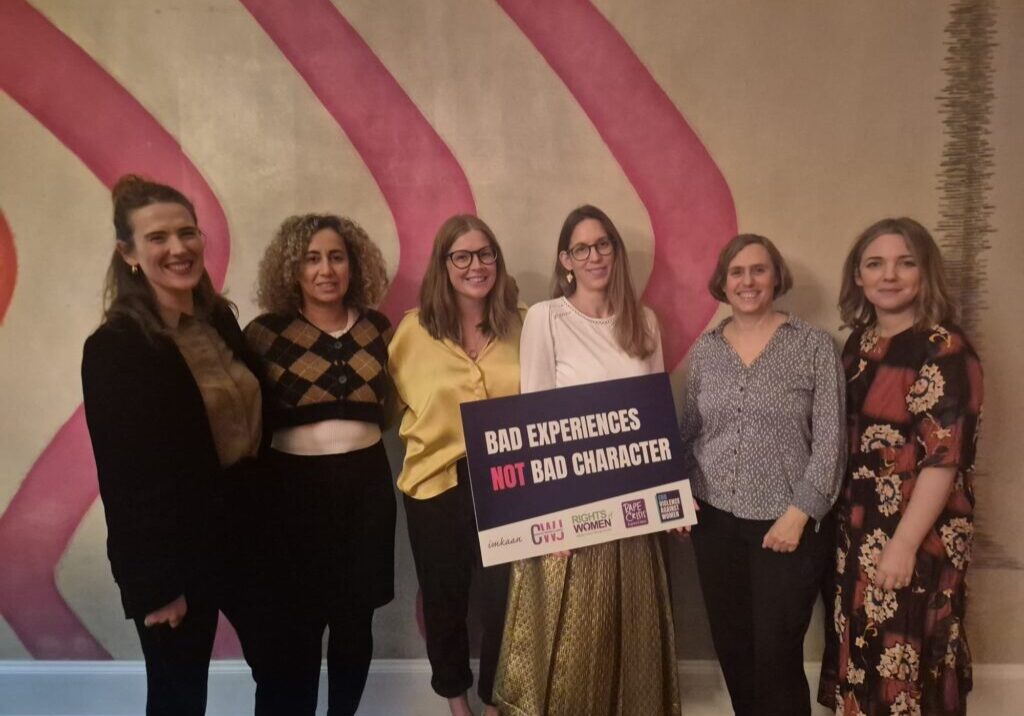
Be the change: how to be an Active Bystander
We can all be bystanders. Every day events unfold around us. At some point, we will register someone in danger. When this happens, we can decide to do or say something (and become an active bystander), or to let it go (and remain a passive bystander).
If it feels safe for you to intervene, speaking up or taking action can make a difference. However, it is never the responsibility of survivors to deter perpetrators – preventing harm is always the responsibility of those who choose to cause it.
There are many situations where you may find yourself becoming a bystander. For instance, you might overhear friends or peers making inappropriate jokes about rape or sexual assault, witness a stranger harassing someone in public, or even observe someone planning to spike a drink.
If you encounter anything concerning, you can safely intervene by using the 4D’s tactics: Direct, Distract, Delegate, and Delay.
1. Direct
Ask yourself, are you physically and psychologically safe? Is the person being harassed physically safe? Does it seem unlikely that the situation will escalate?
Direct intervention is only the correct response if you can answer yes to all these questions.

2. Distract
If it isn’t safe to intervene directly, causing a distraction can be an alternative intervention.
You could:
- Change the subject
- Interrupt – ‘Excuse me, do you know where the taxi rank is?’
- Create a diversion. Shout – ‘Hey, we’re going to be late for our Uber!

3. Delegate
In this scenario, you could delegate responsibility by calling in, or raising the alarm to, a more appropriate authority. This could be a line manager, the police, or someone who has a relationship with the person.

4. Delay
If for any reason you are unable to intervene, or you hesitate – then you can ‘delay’ and delaying is still an intervention.
Delaying doesn’t mean doing nothing, inform a manager or senior colleague or report through the appropriate channels afterwards.
Create bystander allies if others witnessed the incident, reflect and consider a joint plan to deal with what happened.
Check in with the person afterwards. Even if they say they are fine, recognise the situation wasn’t OK and offer support

SARSAS provide training on bystander intervention – find out more about our training services.
This blog is written by Toby Howells, a volunteer communications officer with SARSAS. Toby graduated from the University of York’s Law School in 2020, studying public and criminal law and now works for Bristol City Council.





